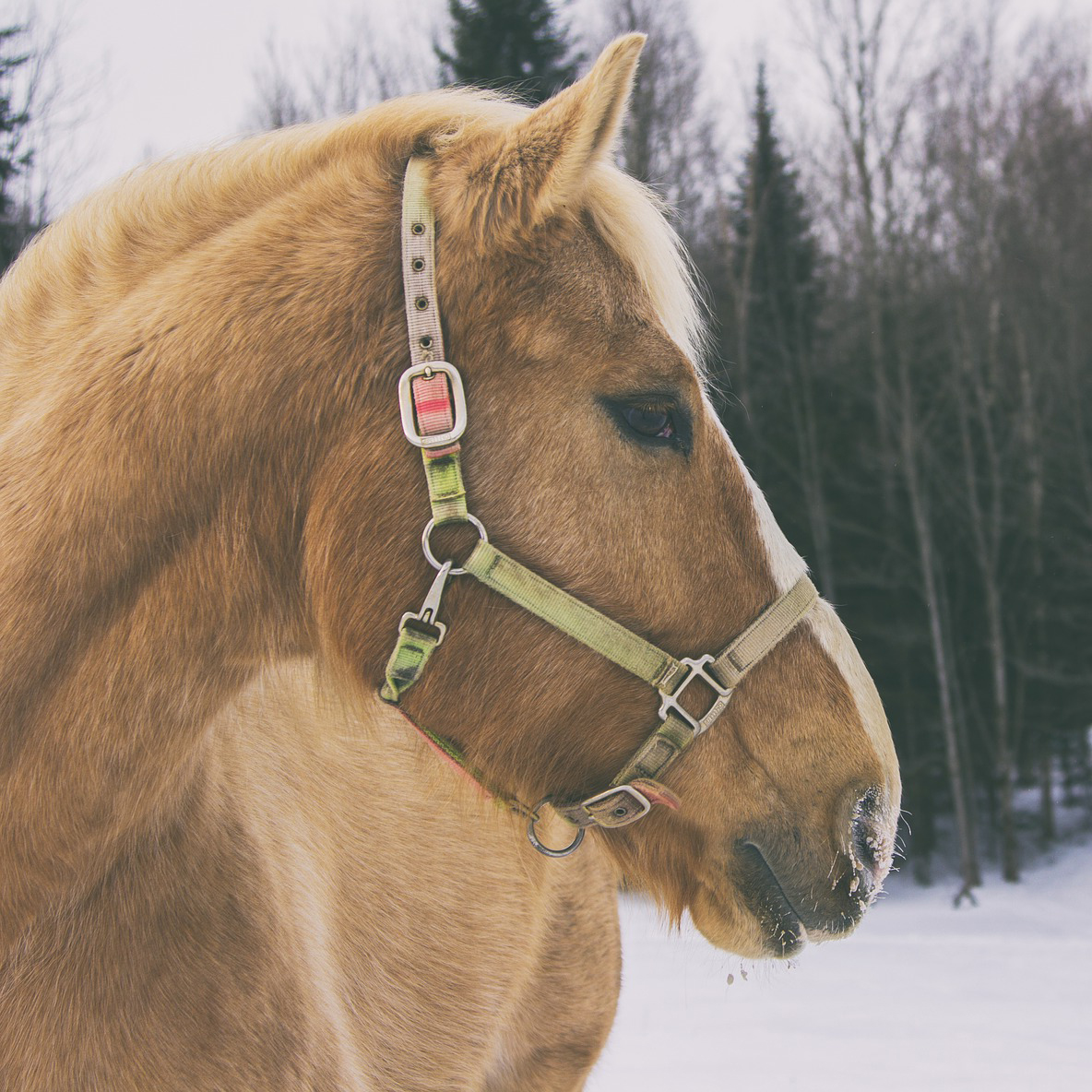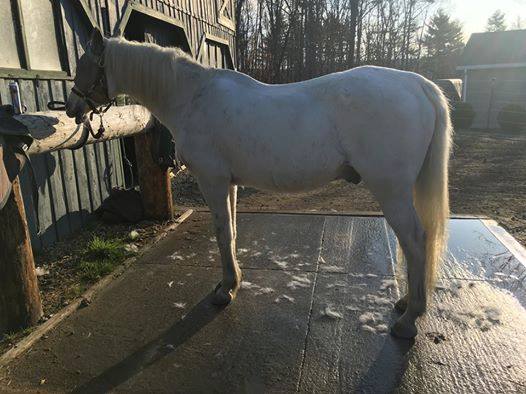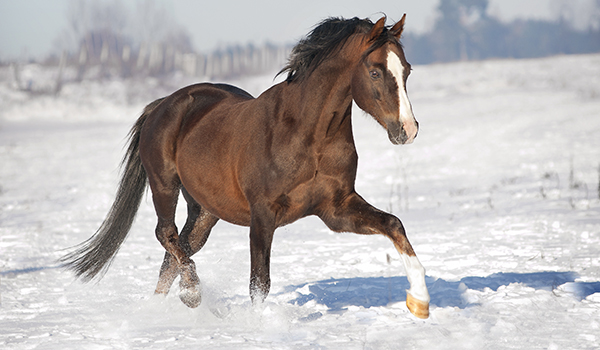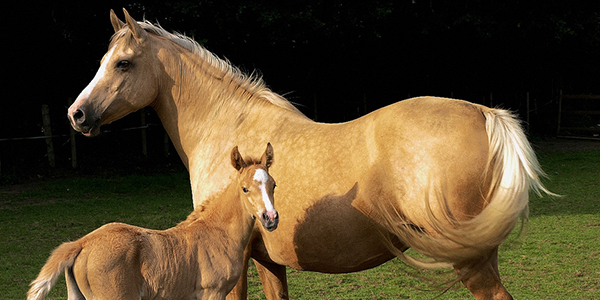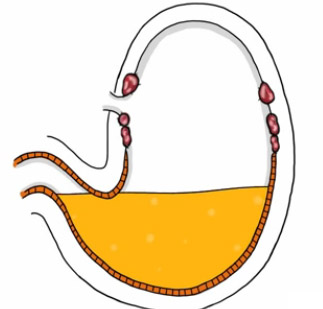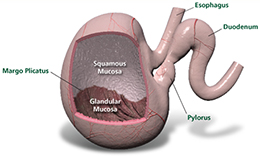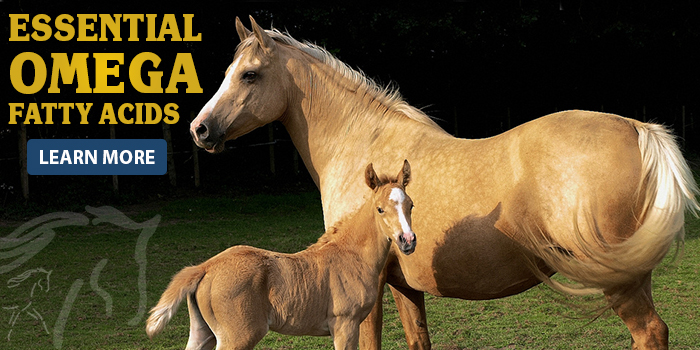Caring for your Senior Horse During The Cold Weather
We have compiled some quick tips to help you keep your senior horse content and cozy in the frigid weather. Hopefully knowing that your horse is at ease will make it easier for you to enjoy another winter season in New England.


